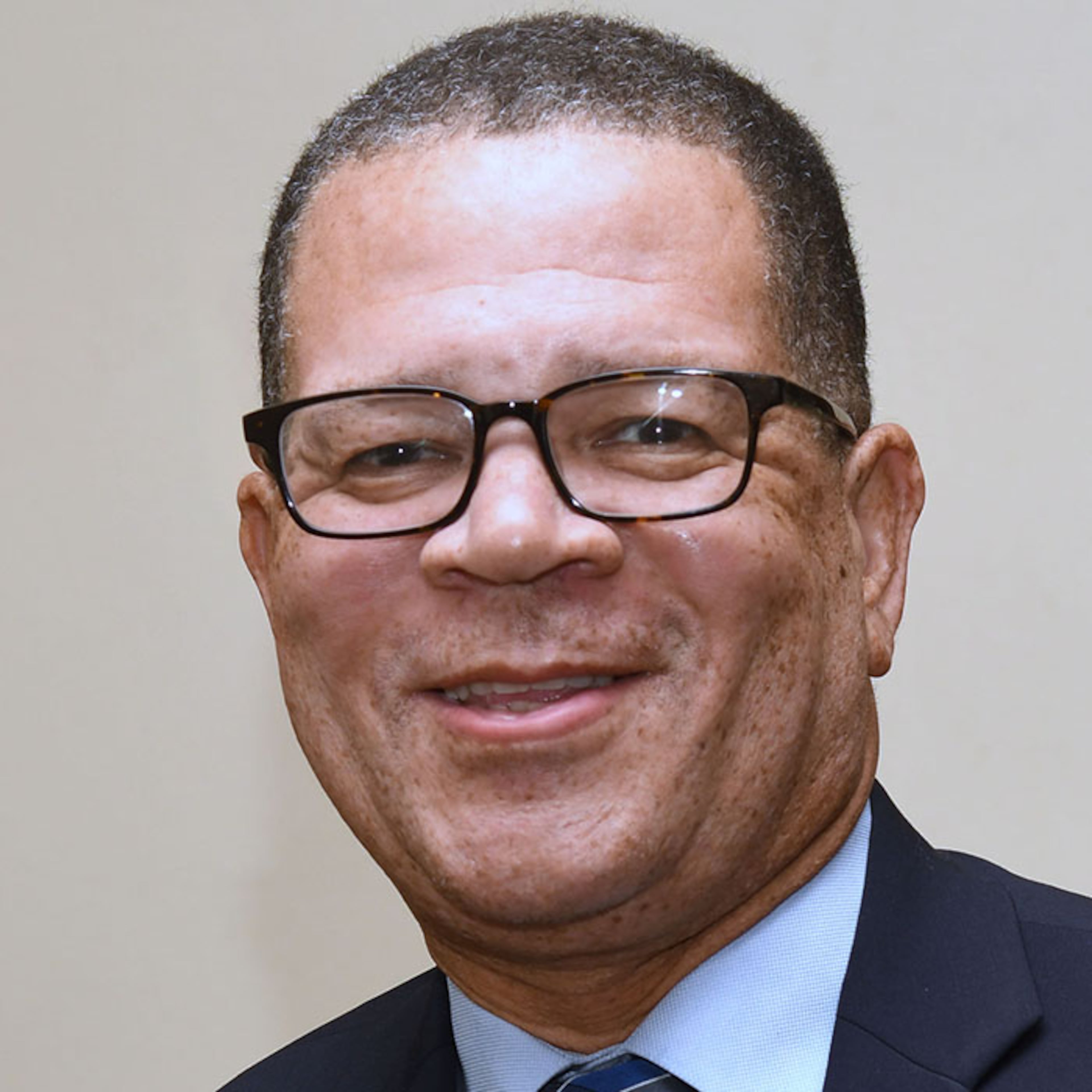Reflecting on the Trump era through the lens of Martin Luther King Jr.
As we pay homage to the Rev. Martin Luther King Jr. today, let us not forget his profound belief in the moral imperative of leadership, especially in light of the current political environment in our country.
King dedicated his life to ensuring that America lived up to its foundational promise: that all men are created equal. His vision of leadership was not merely about holding a position of power; it was about embodying ethical responsibility and integrity. King’s description of moral leadership was detailed in a speech in 1956: “May I stress the need of courageous, intelligent leadership. Leaders of sound integrity. Leaders not in love of publicity, but in love of justice. Leaders not in love of money, but in love of humanity.”

King’s ethical philosophy was profoundly shaped by his religious upbringing and formal education. He grew up in Atlanta, the son of a Baptist minister and a nurturing mother. He matriculated in the Atlanta public schools, graduating from Booker T. Washington High School at age 15, then continued his education at Morehouse College. While at Morehouse, he was mentored by its president, Benjamin Elijah Mays, attended daily chapel services, participated on the debate team and joined the local chapter of the NAACP. During these formative years, he began to hone his ideas about justice and equality. Even as a student, he displayed a fierce commitment to activism, writing a letter to the editor of the Atlanta Journal-Constitution newspaper abhorring the everyday practice of segregation in Georgia. This early engagement laid the groundwork for his future role as a leader in the civil rights movement, through which he would advocate for justice, equality and nonviolence.
A pivotal moment happened in King’s life in 1955. Slightly more than a year after becoming pastor at Dexter Avenue Baptist Church, in Montgomery, Alabama, he assumed leadership in the Montgomery Improvement Association, which marked the beginning of his enduring legacy. He led the historic Montgomery Bus Boycott, which lasted 381 days, standing firm against an unjust system of discrimination against African Americans. King’s approach was rooted in the principles of nonviolence and moral clarity, drawing inspiration from Mahatma Gandhi. He understood that leadership comes with ethical responsibilities, particularly to those who are oppressed.
As we anxiously await the start of Donald Trump’s second term as president, it is essential to expect the ethical responsibilities that leaders owe to their constituents. I am a former elected official, having served as chair of Fulton County for nearly 11 years. I was often complimented by constituents, who stated “nothing unethical happened” under my watch in Fulton County. I know leadership is not merely about winning elections or wielding power; it is about serving the public with integrity and accountability. King’s vision of leadership calls on those in positions of authority to prioritize the well-being of their constituents, fostering an environment where justice and equality thrive as well as harmony.
One of King’s most powerful messages was the importance of standing up against injustice, even when it is inconvenient. He often spoke out against systemic racism, economic inequality, and war, urging elected leaders to take a stand for what is right. In contrast, the first Trump administration often fueled division and discord, prioritizing personal interests over the collective good. This erosion of ethical leadership is a stark reminder of the consequences of abandoning moral responsibility.
Integrity in public office is a necessity. Leaders must act with transparency, honesty and a commitment to the truth. When leaders fail to uphold these values, they jeopardize the very foundation of democracy, as we learned four years ago on the Jan. 6. insurrection at the U.S. Capitol. In his day, King boldly used his prophetic voice to challenge the actions of segregationist governors George Wallace of Alabama and Ross Barnett of Mississippi, along with Presidents John F. Kennedy and Lyndon B. Johnson. King envisioned a society in which leaders would be held accountable for their actions and decisions, recognizing that their choices have profound impacts on the lives of individuals and communities.
Over the next four years, it is imperative that we, as Americans, demand a higher standard of moral responsibility from our leaders. The lessons of King’s life and work should serve as a guiding light, reminding us that ethical leadership is not an option; it is an obligation. We must support leaders who prioritize the common good, champion justice and embody the principles of integrity and accountability.
As we commemorate the King holiday, let us reflect on the moral responsibilities that come with leadership. We owe it to ourselves and future generations to hold our leaders to a higher standard — a standard that King exemplified throughout his life. Let us honor his legacy by demanding moral responsibility in leadership, ensuring that our democracy remains a beacon of hope and integrity for all.


